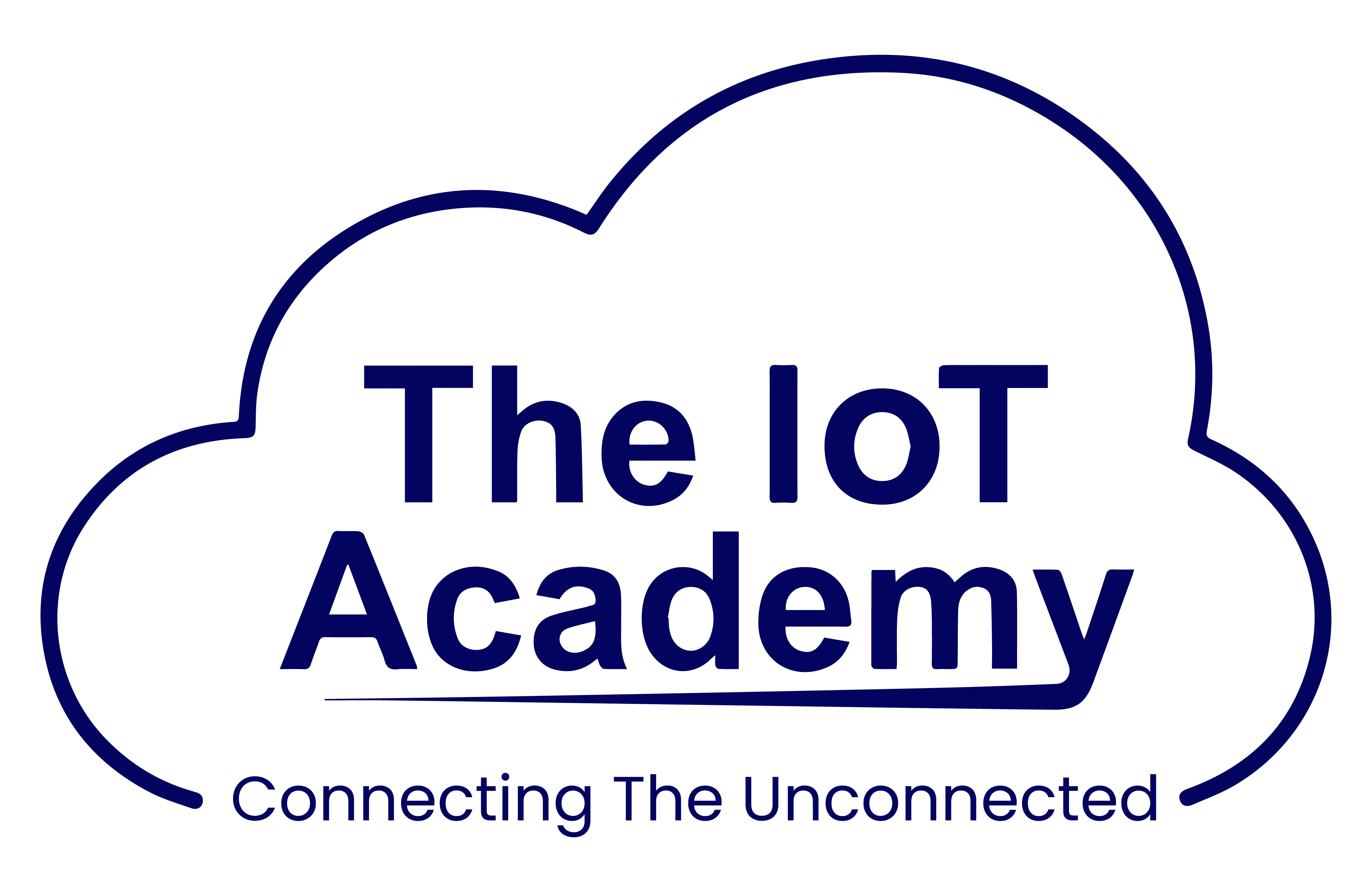

Object-Oriented Programming or OOPs is a language using objects in programming. Usually, it uses objects as a primary source and implements them for 'what will happen' in the code. These objects are visible to users who perform tasks. Object-oriented programming helps implement real-world entities like inheritance and polymorphism in programming. It combines the data and the functions operating on them. Thus, other parts of the code cannot access this data except that function.
Object-oriented programming (OOP) concepts are the basics of modern programming. Hence its demand is also increasing in the market. Read on to know about the basic and expert questions on OOPS that are asked. We have covered some trending and core topics that will prepare you for OOPS interview questions in 2023.
Whether you are a fresher or an experienced professional, you have to clear an interview round. Many times you are well-versed in practicals and lack theoretical knowledge. Similarly, you may be an expert in theoretical concepts, but can't respond quickly to programming questions. Here is a list of some questions that will make you job-ready in OOPS in 2023.
OOPS core concepts include Abstraction, Polymorphism, Encapsulation, Composition, Inheritance, Association, and Aggregation
Encapsulation is an OOPS concept that creates and defines the permissions of an object, its member variables, and methods. Whereas, abstraction is also an OOPS concept that constructs the structure of real-world objects.
Our Learners Also Read: Everything You Must Know About Iterator In Java
There are various OOP languages and the most widely used are Java, Go,
Python, Dart, C++ ,C# and Ruby
It is the occurrence of anything in various forms. Java supports many forms of polymorphism. For instance, polymorphic return types, polymorphic reference variables, polymorphic methods, and polymorphic argument types.
In Inheritance, a subclass can inherit the states and behaviors of its superclass.
The purpose of OOP is to apply real-world concepts like hiding, inheritance, and polymorphism in programming. It binds together the data and the functions operating on them.
A class is a template of an object which is a user-defined data type. We define constants, variables, member functions, and other functions inside a class. At run time, it does not consume memory and is a logical entity.
An object is a real-world entity with behavior, attributes, and properties. It is an instance of the class. The object contains member functions, and variables defined in the class. It holds space in the memory.
1. Dot access operator (.). It is also termed a member access operator.
2. Scope resolution operator (::)
3. Pointer to a member operator (. *)
Java is not a completely object-oriented programming language. It supports primitive data types like char, int, float, and double. These data types are stored as variables instead of the heap. Also, static methods can approach static variables without using an object. It does not happen in object-oriented concepts.
The Types of Inheritance include:
The single-child class inherits features of the single-parent class.
Here, a class inherits features of more than one base class. The class can implement one or more interfaces.
In multilevel inheritance, a class can inherit from a derived class and make it a base class for a new class.
Here, a class is inherited by multiple subclasses.
Hybrid inheritance combines single and multiple inheritances.
A structure is a user-defined collection of variables. It has different data types. Whereas, a class is a set of instructions to make a specific type of object.
The interface is the same as the class where it can have methods and variables. However, its methods do not have a body. Method bodies are only for default and static methods. A class implements an interface. It also inherits the abstract methods of that interface.
The base class is the root class and the most generalized one. Whereas the superclass is the nearest parent class from which the other class inherits.
Access modifiers in Java are responsible to control the access scope of methods, classes, constructors, variables, and data members. Below are the types of access modifiers in Java:
This modifier does not have access to specifier data members, classes, and methods. They are accessible within the same package.
They are marked with the keyword private. These modifiers are accessible only within the class. They are not even accessible by class from the same package.
They are accessible within the same package or subclasses from different packages.
They are accessible from everywhere.
There are Three Types of Constructors in Java. They are as follows:
A default constructor is without any parameter. It invokes every time you create an instance of a class.
A no-arg constructor is a constructor without any argument.
It is a constructor with several parameters. You only have to provide arguments or initial values for the data type of parameters of the constructor.
These are some object-oriented programming interview questions for 2023. You can go through the basic and detailed theory of OOPS to perform well in your interviews. Usually, the interviewers pick more questions from what you have answered. Hence, be specific and answer the questions confidently
Oops, Concepts are applicable in various domains. Hence OOP’s demand is increasing in the market. We have tried to cover all the basic topics including the Top 10 OOPS interview questions and answers. They also include the advantages and limitations of OOPS. You may have to answer and explain various concepts in the interview. For a better explanation, you can give real-life examples also. OOPS will be in demand in 2023, hence if you want to work with it, start preparing under the expert's guidance.
About The Author:

Digital Marketing Course
₹ 9,999/-Included 18% GST
Buy Course₹ 29,999/-Included 18% GST
Buy Course